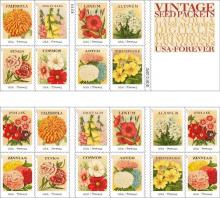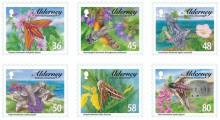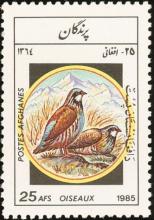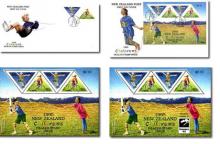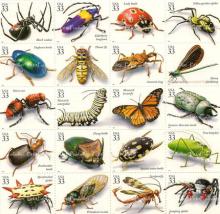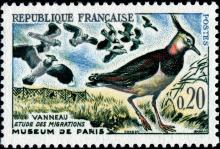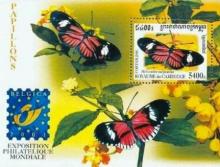
In der Debatte um den Schutz von Bienen hat Deutschland vor einem entscheidenden EU-Votum die Bereitschaft signalisiert, für ein Teilverbot bestimmter Pestizide zu stimmen. "Die Bundesregierung kann sich bei der Abstimmung am Montag in Brüssel eine Zustimmung zu dem Verbot vorstellen", sagte der Sprecher von Bundeslandwirtschaftsministerin Ilse Aigner (CSU). Voraussetzung dafür sei aber vor allem "eine Klarstellung der EU-Kommission, dass Deutschland in den Bereichen, die deutlich über den europäischen Schutzstandard hinausgehen, sein höheres Schutzniveau für Bienen behalten kann". Die EU-Kommission will den Einsatz von drei Pestiziden, zu deren Herstellern auch das deutsche Unternehmen Bayer gehört, für den Anbau von Mais, Sonnenblumen, Raps sowie Baumwolle für vorerst zwei Jahre verbieten, da diese Chemikalien im Verdacht stehen, Bienensterben zu verursachen. Vorerst erlaubt bleiben soll der Gebrauch der Pestizide für Wintergetreide und Pflanzen, die keine Bienen anlocken. Eine erste Abstimmung der EU-Staaten im März hatte ein Patt ergeben, auch weil Deutschland sich enthalten hatte. Im EU-Berufungsausschuss kommt es nun am Montag zum entscheidenden Votum.

